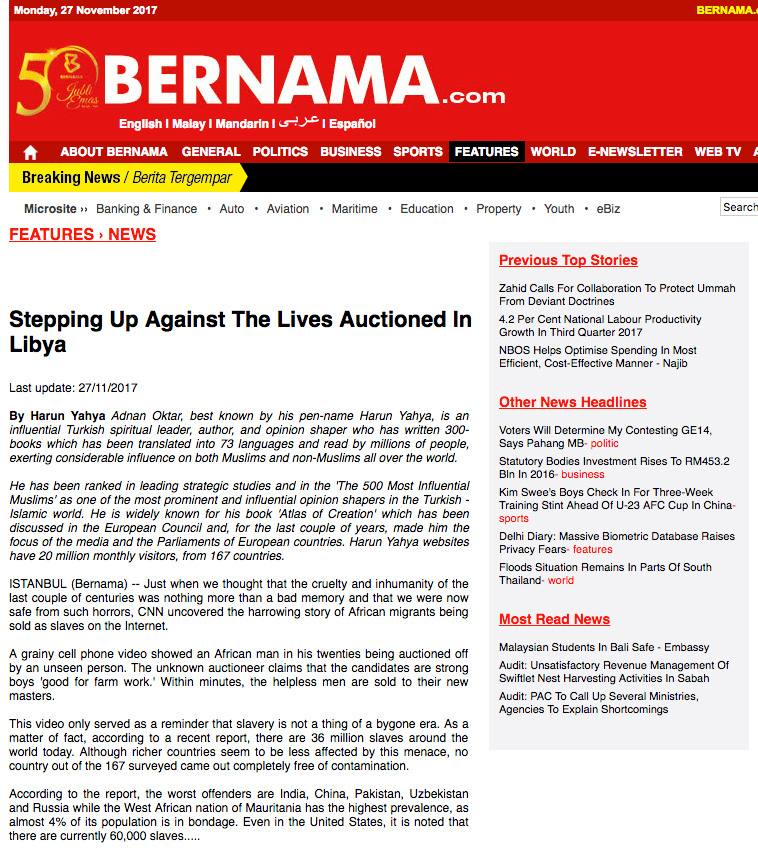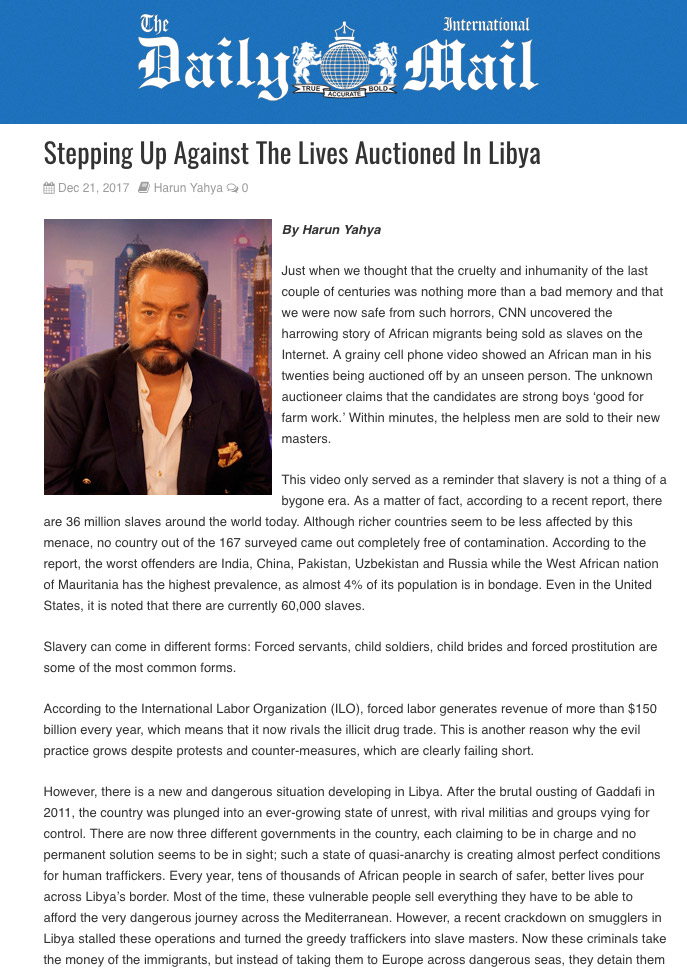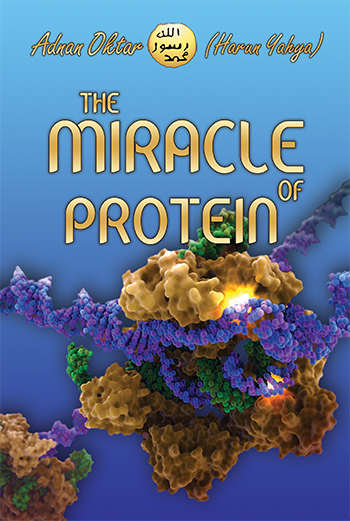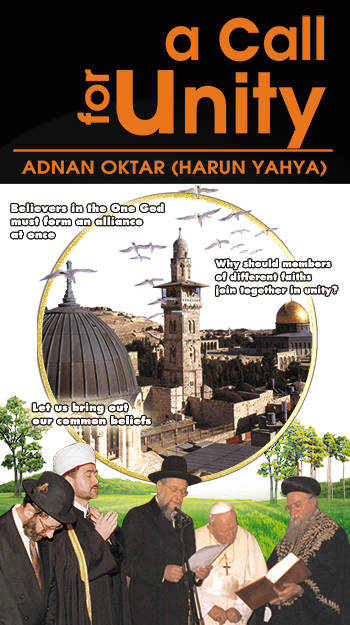Bigotry: The Dark Danger
Stepping Up Against The Lives Auctioned In Libya

Just when we thought that the cruelty and inhumanity of the last couple of centuries was nothing more than a bad memory and that we were now safe from such horrors, CNN uncovered the harrowing story of African migrants being sold as slaves on the Internet. A grainy cell phone video showed an African man in his twenties being auctioned off by an unseen person. The unknown auctioneer claims that the candidates are strong boys ‘good for farm work.’ Within minutes, the helpless men are sold to their new masters.
This video only served as a reminder that slavery is not a thing of a bygone era. As a matter of fact, according to a recent report, there are 36 million slaves around the world today. Although richer countries seem to be less affected by this menace, no country out of the 167 surveyed came out completely free of contamination. According to the report, the worst offenders are India, China, Pakistan, Uzbekistan and Russia while the West African nation of Mauritania has the highest prevalence, as almost 4% of its population is in bondage. Even in the United States, it is noted that there are currently 60,000 slaves.
Slavery can come in different forms: Forced servants, child soldiers, child brides and forced prostitution are some of the most common forms.
According to the International Labor Organization (ILO), forced labor generates revenue of more than $150 billion every year, which means that it now rivals the illicit drug trade. This is another reason why the evil practice grows despite protests and counter-measures, which are clearly failing short.
However, there is a new and dangerous situation developing in Libya. After the brutal ousting of Gaddafi in 2011, the country was plunged into an ever-growing state of unrest, with rival militias and groups vying for control. There are now three different governments in the country, each claiming to be in charge and no permanent solution seems to be in sight; such a state of quasi-anarchy is creating almost perfect conditions for human traffickers. Every year, tens of thousands of African people in search of safer, better lives pour across Libya’s border. Most of the time, these vulnerable people sell everything they have to be able to afford the very dangerous journey across the Mediterranean. However, a recent crackdown on smugglers in Libya stalled these operations and turned the greedy traffickers into slave masters. Now these criminals take the money of the immigrants, but instead of taking them to Europe across dangerous seas, they detain them either selling them as slaves, or assault them and release them only if they get a ransom from the victims’ families.
One witness, after nine months, was able to secure the ransom and was released, but he weighed only 35 kg when he was hospitalized; he had been starved, like thousands of others. Women and children are even more vulnerable and are usually sold as sex slaves.
CNN reporters could not contain their shock as they witnessed the scene: "Inside the slave auctions, it's like we've stepped back in time. The only thing missing is the shackles around the migrants' wrists and ankles."
So what can we do to end the problem? What is the humane and conscientious thing to do?
Clearly, the majority of the problem stems from poverty in the affected countries as well as ongoing wars and other conflicts in parts of Africa and the Middle East. However, since there is no time to wait until those problems are truly solved, it is imperative to work on immediate solutions to bring a semblance of relief to suffering millions.
First of all, public awareness should be increased, and this has to be accompanied by increased sensitivity in the general public to the plights of others. The growing antipathy, if not outright hostility, around the idea of migrants and refugees, as well as the commonality of wars, has regretfully led to a mounting desensitization and feeling of apathy in many people across the world. It is important that this shameful indifference towards the pains of other people comes to an end and we rise to the task of helping our fellow human beings that need our assistance.
When public awareness increases, governments will feel compelled to join in and take more action to curb the problem. Every country will develop its own unique method to tackle the problem in line with their own unique setting and impose stricter laws to prevent slavery.
Just as UN funds have been created for many good purposes, like stopping drug abuse and solving environmental problems, funds can also be raised to end slavery. Furthermore, the UN and other international organizations can do a great deal to alleviate the problem. As Kevin Bales, Professor of Contemporary Slavery at the University of Nottingham, once wrote, "We all know about the United Nations weapons inspectors, who enforce the Conventions against Weapons of Mass Destruction, but where are the United Nations Slavery Inspectors? When the same effort is put behind searching out and ending slavery, there will be rapid change."[1]
It goes without saying that there are many problems in the world today, but it is still possible to solve them as long as we have the willingness and commitment. And every individual –be it a housewife or a student or a policy-maker- is capable of contributing. Today, almost everyone can get in touch with their law-makers, international organizations, or leading media outlets on the Internet. Today, individuals can start campaigns that garner millions of followers and turn into an effective force that causes enormous changes. Let’s not forget: When spoken in unison, the voice of bravery will be louder.
[1]http://ngm.nationalgeographic.com/ngm/0309/feature1/online_extra.html
Adnan Oktar's piece in BERNAMA (Malaysia) & Daily Mail (Pakistan):
http://www.bernama.com/bernama/v8/fe/newsfeatures.php?id=1414433
http://dailymailnews.com/2017/12/21/stepping-up-against-the-lives-auctioned-in-libya/









